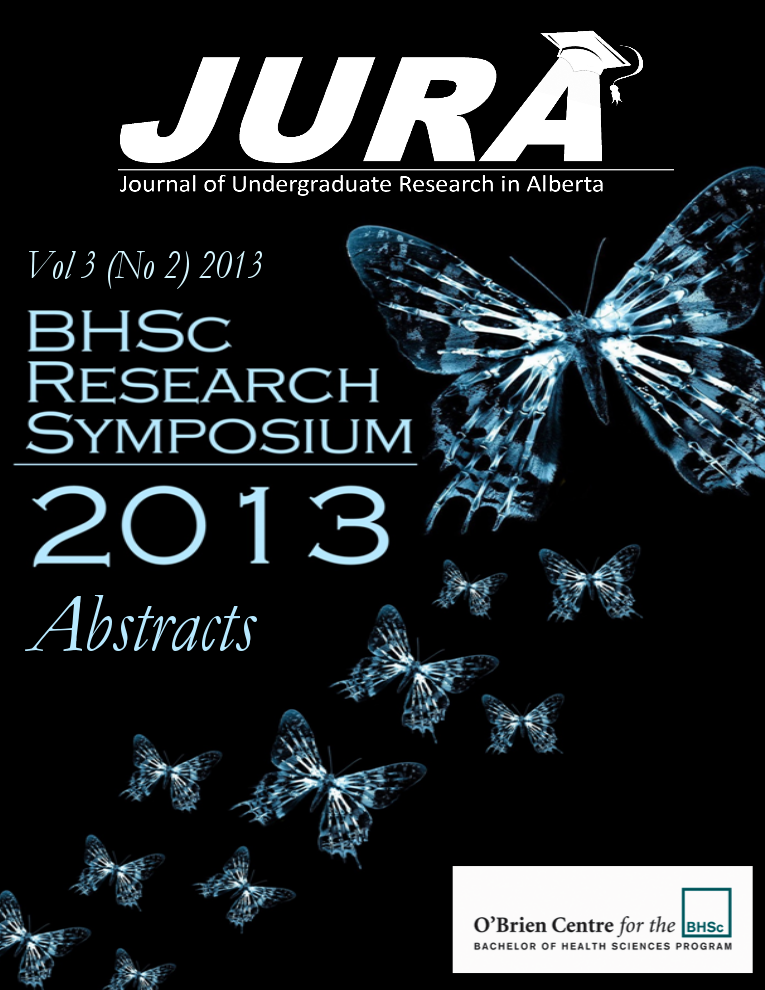Development And Application Of A Knowledge Translation Tool Focused On Helminth Infections In The Limited Resource Setting Of The Maasai Pastoralist Community In Rural Tanzania
Abstract
A knowledge translation tool on East Coast Fever, a workshop targeted to Maasai pastoralists of the Ngorongoro Conservation Area (NCA), was developed, tested and evaluated in 2012 [1]. Despite the success of the workshop, it was clear that methods of knowledge translation in the Maasai community needed further exploration [1]. Helminth infections are prominent illnesses among sheep and goats in the NCA. Therefore, providing the Maasai pastoralists with an educational session about helminth infections in sheep and goats has the potential to decrease the prevalence of these infections in the livestock population and also improve treatment strategies.
The first objective was to develop a knowledge translation tool that could be used effectively in the Maasai pastoralist community. The second objective was to provide a lecture, handout and a "hands-on" participatory component that informed the community on helminth infections in sheep and goats. A thirty-minute, pictorial presentation with information on Haemonchus contortus in sheep and goats, FAMACHA scoring [2] and effective doses and administration of the drugs albendazole and ivermectin was developed. In addition to the lecture session with a pictorial handout, a hands-on session was also introduced. Several versions were pilot tested with Maasai representatives who spoke both Maa and English in order to determine which workshop approach would best translate and resonate with the Maasai pastoralist community. The workshop was revised based on the recommendations of the Maasai representatives and other stakeholders. One presentation of the final version of the workshop was carried out with the Maasai NCA community leaders. Upon completion of the presentation and explanation of the handout, the workshop participants were invited to ask questions, view worm larvae under the microscope and practice FAMACHA scoring [2] on a goat that was present. Increased knowledge on recognition and treatment of helminth infections in sheep and goats will be beneficial to the Maasai as improved livestock health results in increased financial stability [3].
References
2. Kaplan R. & Miller J. http://www.scsrpc.org/SCSRPC/FAMACHA/famachainfoguide.htm . 2006.
3. Cihal, A., Williams, K., Allen, L. & Hatfield, J. Unpublished. 2011.
Downloads
Additional Files
Published
Issue
Section
License
Authors retain all rights to their research work. Articles may be submitted to and accepted in other journals subsequent to publishing in JURA. Our only condition is that articles cannot be used in another undergraduate journal. Authors must be aware, however, that professional journals may refuse articles submitted or accepted elsewhere—JURA included.


